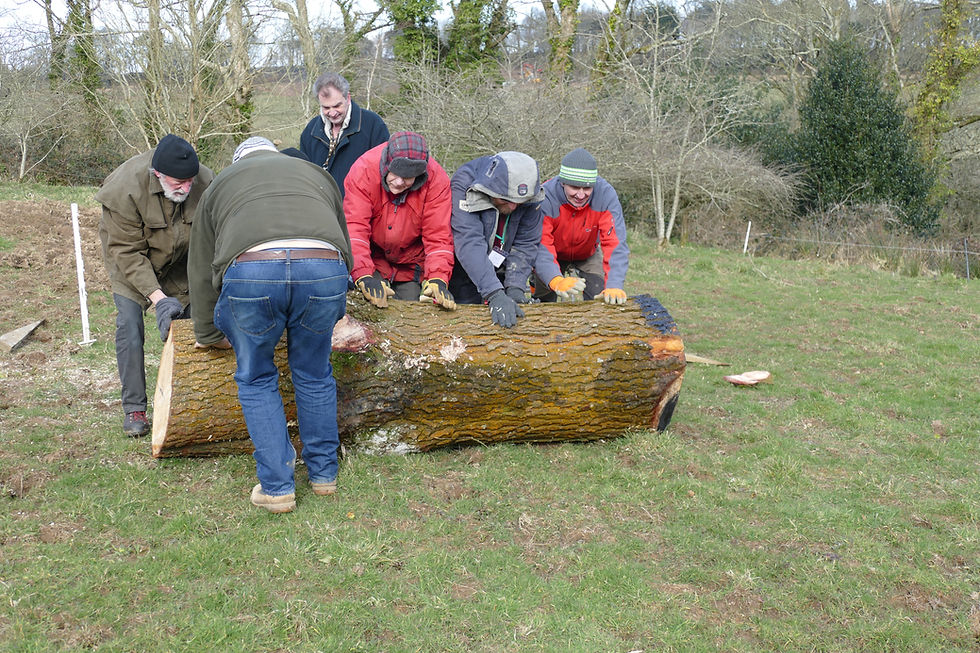The Wonder of Bees
- Natural Beekeeping Trust
- Apr 10, 2014
- 2 min read
If you want to tell people the truth, make them laugh, otherwise they’ll kill you.
Oscar Wilde

The Wonder of Bees, is a TV series currently showing on the BBC. The programme revolves around the efforts of a beekeeper to produce some archetypal English meadow-flower honey. The beekeeper in question appears genuinely to care about her bees. Yet the opening sequence shows her tasting honey in the warm indoors while the bees are at risk of starving in the snow outside. Understandably, she frets about this state of affairs and feeds the bees, but not honey, sugar. Later in the programme we are given glimpses of things to come: cutting the wings off queen bees to prevent swarming.
This prompts the question: how can a person who cares for her bees act in a manner that seems at times to show the opposite of care? She clearly has qualms about her actions, so is it down to the ‘master beekeeper’ under whose tutelage she has put herself? Is he some sort of Svengali? Or are they both just doing what we all do: failing to acknowledge connections that might be uncomfortable?
To protect ourselves against the uncomfortable truth that the actions of beekeepers themselves might be harmful to the bee, we tell ourselves little stories, pretending that we cannot possibly be harming that for which we profess care. After all, sugar is nearly as good as the honey we took from the bees last autumn, right? And cutting the wings off queens has been done for years, so it must be OK.
We indulge in these stories to avoid what is known as cognitive dissonance: the internal discomfort that comes with uncomfortable contradictions. If we cannot avoid the contradiction by changing our actions, we invent a story to magic the contradiction away. Politicians are particularly good at this. In truth we are all good at it.
But sometimes we have to acknowledge that the truth hurts. That hurt is the first step to changing our ways. Only then can we face up to the stories we tell and see them for what they are: fabrications designed to hide that feeling of discomfort, even hurt, that properly tells us to change our ways. And once we start to feel that hurt in ourselves it is but a small step to feel it in others: in this case in the bees. We owe it to them and to ourselves. There is another way: all we have to do is find it.
I doubt I’ve made you laugh, so do feel free to kill me.





Comments